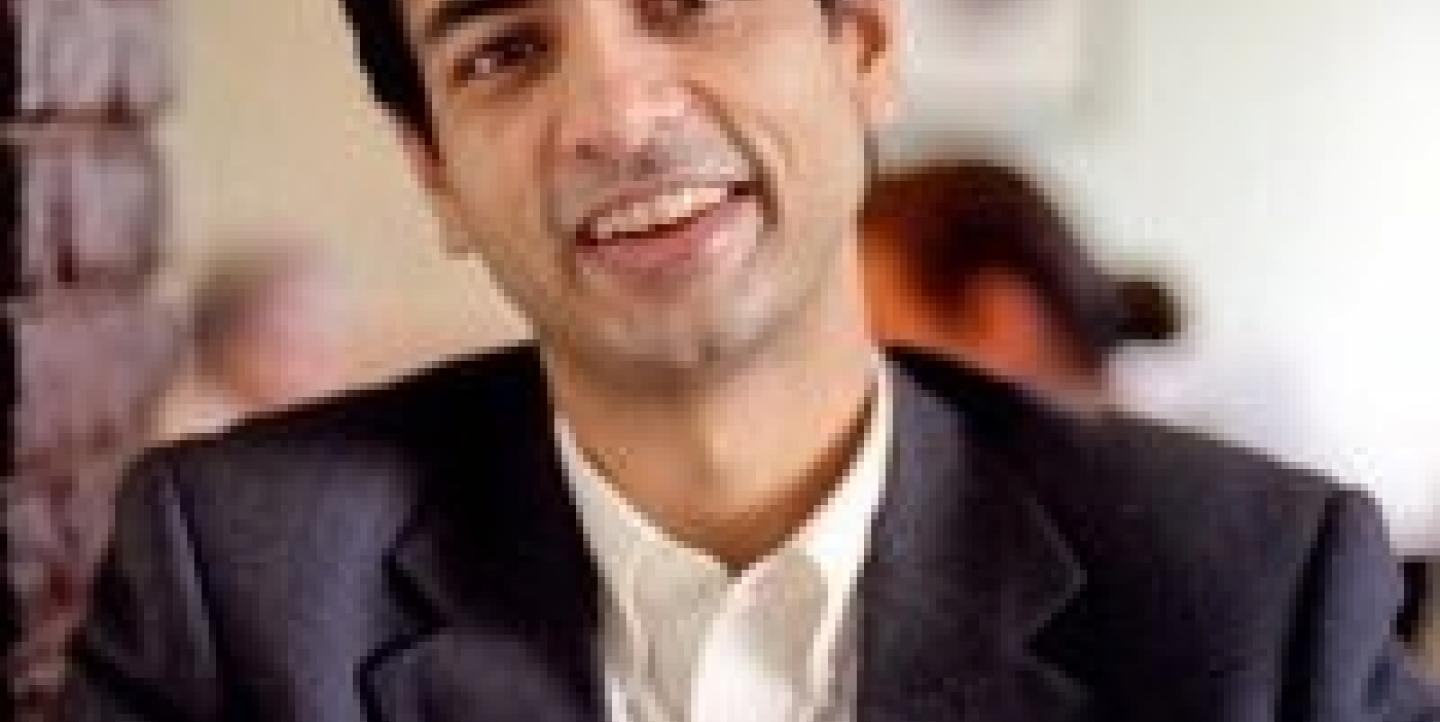In a news world increasingly dominated by quick blog posts, one startup website believes there is room for in-depth analysis.
Atul Singh is the founder and editor-in-chief of Fair Observer, an online community that provides high-quality, in-depth analysis on global affairs by contributors from diverse disciplines and perspectives. Envisioning a 360° view of the world, Atul Singh shared with IJNet his thoughts on the future of journalism in a phone interview.
Why was Fair Observer first started?
Atul Singh (AS): For a long time, I wanted to start up something in the realm of media to tackle some existing problems. The mainstream media provided much news, but not enough analysis. Existing analysis was usually biased and out of context due to contributors’ homogeneity in nationality, background and ideology.
In 2010, my partners and I started Fair Observer to foster a global dialogue...We found our niche in journalism by using the power of the Internet, providing analysis with context and providing a platform of global dialogue for people from different disciplines and many parts of the world.
How can young journalists find a niche and stay competitive?
AS: Above all, you have to realize that information is now becoming increasingly accessible via the Internet. Competition is and will be higher.
Then, ask two questions:
- What do I really, really, really love?
- How can I communicate what I love to people in the most simple, accessible way?
Every age needs a narrative. Journalists are the ones who record stories and help shape the narrative. If you find your passion and can communicate it extremely well, there is then a real market for you to become a journalist who can shape the narrative.
How can journalists communicate complicated issues so that people from all backgrounds can understand?
First, be creative. Don’t just look at words. Think how to convey your message through visual means such as charts and images.
Second, focus on issues instead of events. There is no added value if you only focus on individual events.
Third, gather feedback. Journalists now have more tools than before to get feedback. Important questions to ask audiences include: “How insightful or relevant is this the report?” and “What else would you like to see?” Two-way dialogue is what drives you forward and makes you relevant in the field of journalism.
What's the most effective means of engagement?
Video is the most effective way to engage with your audiences. The human brain is wired toward moving images over static materials...Smartphones are making video production easier and people will use them more often. It will be the most effective way of engagement going forward.
You can follow Fair Observer on Twitter and Facebook.
Photo: Atul Singh

